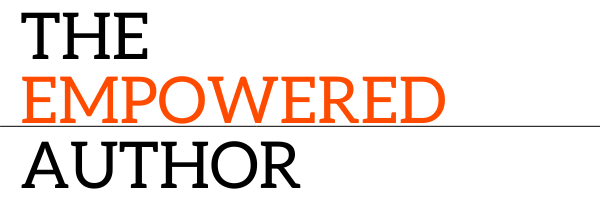Write an article about the threat of AI on the book publishing industry
You may have noticed a lot of discussion about AI on social media, some of it triggered by tech bro, Ammaar Reshi proudly tweeting about a children’s book he had created entirely using AI. This was not received with the excitement he was expecting and illustrators, authors and publishers responded with their views on his experiment.
These objections and concerns are summarised well in this thread by illustrator, Deandra Hodge.
Of course, the tech industry loves finding ways to disintermediate whole sectors, processes and human labour, but creativity has always seemed a step too far for the capabilities of innovation. Until now, perhaps.
AI tools can generate images and mimic styles of existing illustrations and art (that it’s been trained on from other artists work without their permission), and this process doesn’t currently seem to have any ethical or commercial framework to request permission or reward the creators of the original art. And I can only assume implementing a copyright and permissions infrastructure won’t be the sexy part that the developers of AI tools will be focus on. In fact, some developers have already admitted that they can not guarantee that images created won’t infringe on the rights of artists.
These concerns seem to be an afterthought (at best) by those pursuing the possibilities of AI. As you’ll see by this comment from AI kid’s book creator, Ammaar Reshi after a barrage of artists explaining the many ways this could harm their professions and industry.
Ya think, Ammaar?
AI developer, Guy Parsons takes this casual concern for artists a step further. Guy thinks that we really must nurture ‘the ‘old’ methods’ and that it would be awful if we ‘start forgetting how to do shit like ‘draw things’. I’m sure, like me, you are confident in Guy’s concern for your artistry and livelihoods. Boy, that Kool-Aid must taste good.
I would imagine these views resonate with many start-ups in this space, boundless enthusiasm for the possibilities with hardly a side-eye at the ethical implications.
Artists are certainly fighting back, with many speaking out and joining forces. I have seen fundraising to pay for lobbyists and initiatives like illustrator Zakuga Mignon’s below.
Some illustrators are already using AI tools, and as you would expect, they are more concerned with the ethics involved.
But what role should book publishers play in this? Should they take a firm line against AI-generated art? Will they be tempted by cutting costs and turn to AI tools? Are all publishers aware of the developments and issues of AI-generated art?
Last week, sci-fi publisher Tor admitted that they had designed the cover of Fractal Noise by Christopher Paolini where they had licensed an image from a reputable stock house to find out that image had been created using AI. Due to ‘production constraints’ they have still gone ahead with that cover.
This should bring this issue into sharp focus for Tor, and other publishers.
As well as for illustration, AI tools are already being used in all areas of writing - be that journalism, screenwriting or by authors who are experimenting.
(If you would like to read a piece that says why and how writers should embrace AI, there is an interesting interview on Joanna Penn’s website here).
Again, will book publishers take a firm line on this? Will they know if a manuscript has been written in part using AI? What are the legal ramifications of this happening, especially if writing styles of others have been copied in the process? Will they embrace AI and try to find ways to monetise it?
ChatGPT (Chat Generative Pre-trained Transformer) a chatbot by OpenAI seems to come up most frequently, and after having a play with it myself, I can certainly see it being used as a writing tool by journalists, screenwriters, podcasters, and others.
Film-maker Mike Castro is already excited by the possibilities, and he’s not alone.
And this Roope Rainsto thread is a really stark example of the many ways AI tools could facilitate scriptwriting.
I think Roope’s assertion that he could complete a screenplay in a day or two exposes the threat of the wide-spread use of AI writing tools. It is easy to see how reducing timelines, employing fewer writers, and cutting costs could be very appealing to producers and publishers.
Worth a side-note here, many authors’ secondary incomes come from journalism and screenwriting, so this would impact them too.
I could certainly see AI tools used by people who think writing books and creating cover art quickly and publishing through KDP is a sure-fire side hustle. But as we have seen with the self-publishing community of authors, success only comes when combined with an understanding of distribution, marketing and importantly a very healthy respect for READERS.
It is impossible to predict the impact of AI on book publishing, the only thing I can say with certainty is that the use of these tools will increase and the technology will become ever more sophisticated. I would love to see publishers make a public declaration explaining their position on AI-generated art so that at the very least their illustrators and authors can have confidence in their professional relationships. (I can imagine agents taking a very strong position on this and potentially putting pressure on publishers).
What does concern me is that publishers are not known for being at the cutting edge of innovation (or even in close proximity) so who knows how long they will take to understand the ramifications of these new tools, yet alone take a public stance.
Sam Missingham is the Founder of The Empowered Author, a book marketing service for authors. She is also the co-founder of FutureBook, the only community focussed on innovation across the book industry. She can be found mostly on Twitter where she tweets endlessly about books, publishing and the lack of innovation.












